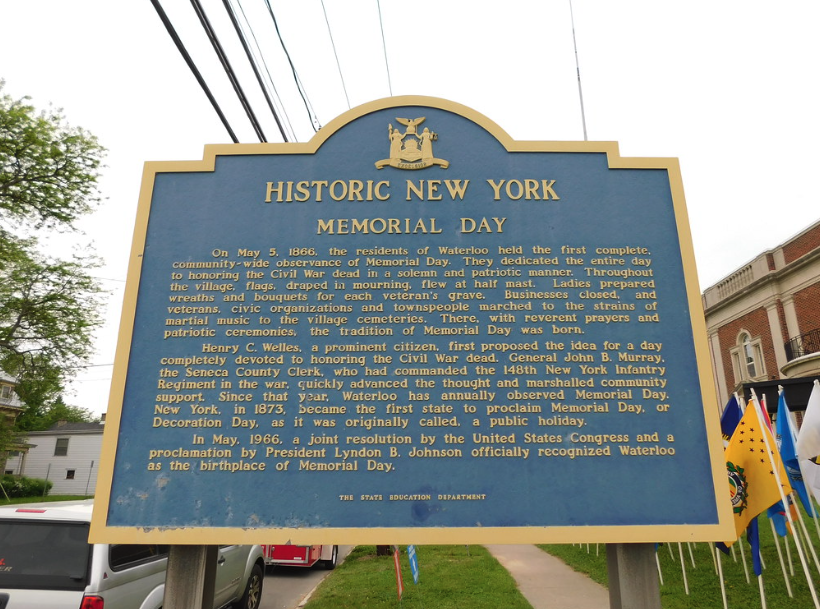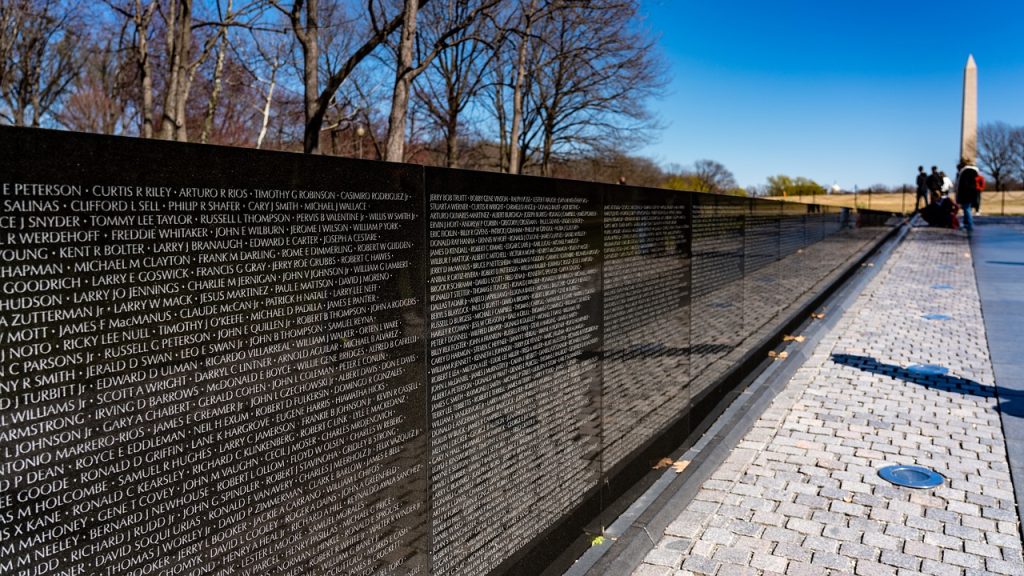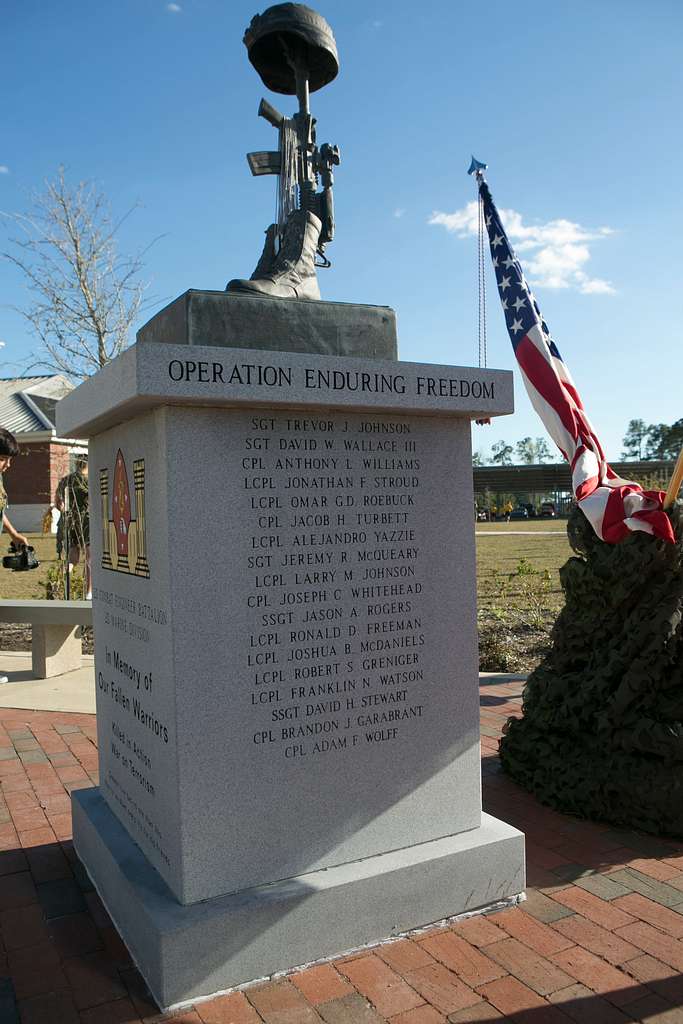Memorial Day is a federal holiday on the last Monday of May. It recognizes those who served and died in the armed forces. It is a chance to remember and pay tribute to the brave military personnel who sacrificed their lives for their country.
Why is this day meaningful and important to the United States?

Table of Contents
The Origins of Memorial Day
Memorial Day was first called Decoration Day. It started as a way to honor the fallen soldiers of the Civil War, a conflict that killed hundreds of thousands of Americans.
The day was for those who died in the war from 1861 to 1865. Later, the holiday included all those who died in service to the United States, whenever and wherever they served.
In 1966, Congress and President Lyndon Johnson named Waterloo New York the “birthplace” of Memorial Day. There, on May 5th 1866, they honored veterans of the Civil War. The businesses closed and the people flew flags at half staff.

The Evolution of Memorial Day
By the end of the 19th century, Memorial Day ceremonies were on May 30th across the Nation. After World War I, the day honored those who died in all American Wars.
In 1971, Congress made Memorial Day a National holiday. Some still call it Decoration Day. It was placed on the last Monday in May.

The Significance of Memorial Day
Memorial Day is not just a day off. It is a day to honor and remember those who gave their lives for our freedom and security. It is a day to thank them for their courage and sacrifice.
We can show our appreciation by visiting cemeteries and memorials, flying the flag at half staff until noon, joining parades and ceremonies, or keeping silent at 3 p.m. local time.
We can also learn and share the history and stories of those who served and died in our wars. We can also thank veterans and their families in our communities.
Memorial Day is a time to reflect on our nation’s past, present, and future. It is a time to honor and remember those who made it possible.









